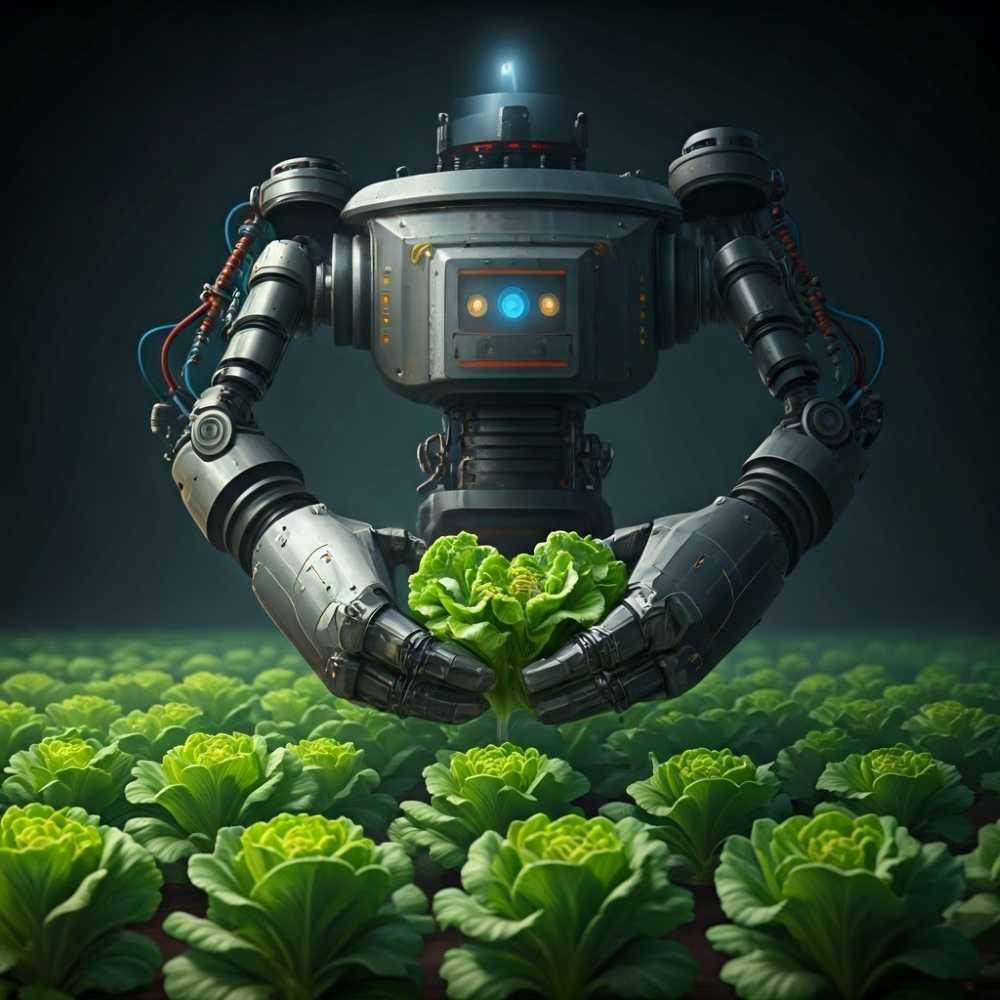Will AI Steal Your Job, or Create It?
AI and automation are reshaping the job market, with 47% of jobs at risk. From agriculture to automotive, no sector is safe. The digital divide widens as tech skills become crucial. While new opportunities emerge in healthcare and green jobs, adapting to this AI-driven future is inevitable.

At the moment, there is a storm brewing, an almighty collision between the digital divide and the relentless march of artificial intelligence (AI). And, as with all storms, it’s the people caught in the middle who’ll get drenched. Enter Gerardo González Chávez and his merry band of brainiacs at UNAM, who, armed with spreadsheets, equations, and that famous academic pessimism, have warned that roughly 47 percent of the jobs in the world are ripe for automation. That’s a good chunk of humanity right there, and this forecast means one simple thing: Machines are coming for our jobs.
But wait. It gets better. Apparently, the future's more than just a few robot arms welding together your next car. No, these soulless chunks of metal and wires are advancing at an alarming rate. They can now handle complex tasks, creative tasks even. That’s right, your job’s in jeopardy not just if you’re tightening bolts on a production line, but also if you fancy yourself a creative.




